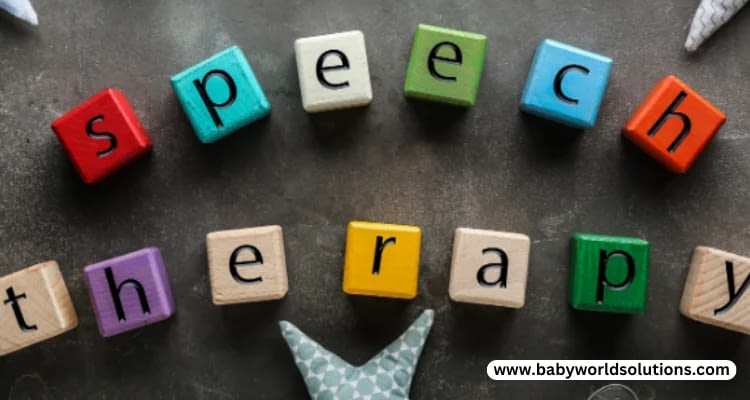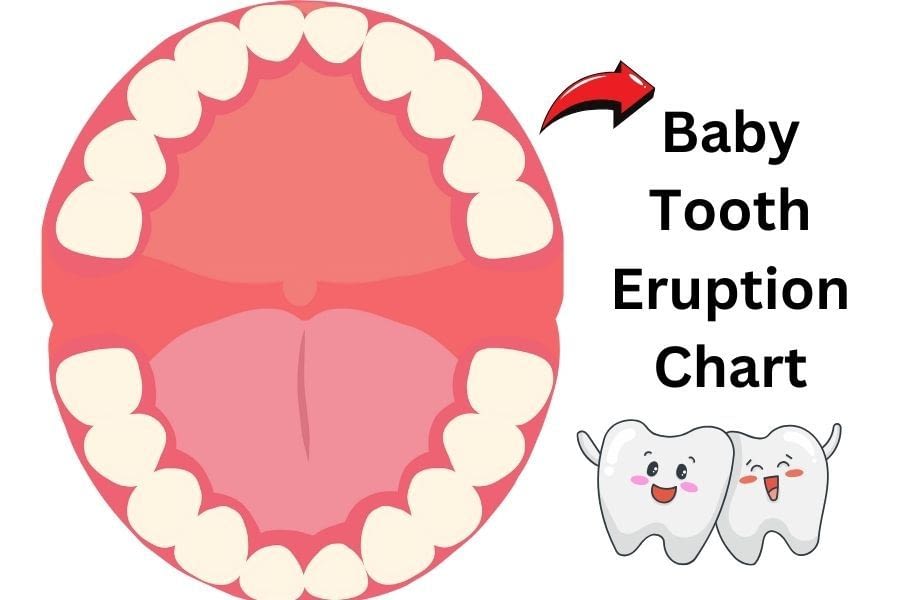Communicating effectively is a cornerstone of a child’s development and overall well-being. Incorporating speech therapy games can be a fun and powerful tool for parents looking to support and enhance their child’s speech capabilities.
The importance of speech therapy for children cannot be overstated. It not only supports language acquisition but also boosts confidence and social skills. As a parent, you play a critical role in supporting this growth, and integrating speech therapy games into your child’s routine can be incredibly beneficial. These games reinforce speech skills and bolster the bond between parent and child.
Understanding Speech Therapy Games
Speech therapy games are interactive activities that improve specific speech and language areas. They present an enjoyable way for children to practice speech, offering them a relaxed environment where making mistakes is part of the learning process. Children become more engaged and motivated to participate by turning exercises into games.
Benefits of Speech Therapy Games
- Fun and Engagement: By nature, games captivate children’s attention and make the practice more enjoyable.
- Versatility: They cater to various speech therapy goals, from articulation to language fluency.
- Immediate Feedback: Games offer instant rewards or corrections, enabling children to learn and adapt quickly.
- Enhanced Memory Retention: Engaging in play helps children remember new words and speech patterns better.
Speech Therapy Games for Articulation
Clear articulation is the first step toward effective communication. Here are several games that can aid in improving a child’s clarity of speech.
Tongue Twisters and Sound Exercises
“Betty Botter bought some butter” might be a silly sentence, but tongue twisters like these can significantly enhance articulation. Encourage your child to slow down and focus on each sound for accuracy.
Word Association Games
Connect pictures with sounds by playing word association games. These prompt children to identify words that start with specific letters or sounds, which can refine their pronunciation skills.
Storytelling Activities
Ask your child to tell you a story or recount an event using specific sounds. This works on articulation and nurtures their imagination and narrative skills.
Speech Therapy Games for Language Development
Vocabulary and sentence structure are the building blocks of language. Here are some games to foster language development.
Vocabulary Building Games
Wordboard games or flashcard matching can expand a child’s vocabulary. Apps and online resources also provide interactive ways to learn new words.
Sentence Construction Games
Playing with sentence strips or magnetic words allows children to manipulate and construct sentences, reinforcing grammar and word order.
Conversation and Communication Games
Engage in role-play or use puppets to simulate conversations. This aids in understanding context and using language interactively.

Speech Therapy Games for Fluency
Speech fluency is about flow, rhythm, and ease of speaking. Games that concentrate on these aspects can alleviate disruptions in speech.
Breathing Exercises
Simple games focusing on controlled breathing help regulate speech flow and reduce stuttering.
Rhythm and Pacing Games
Using musical instruments or clapping in rhythm can teach children to pace their speech and improve fluency.
Oral Reading and Storytelling Activities
Reading books aloud or telling stories with focused pacing practices can lead to more fluent speech patterns.
Speech Therapy Games for Pragmatics
Pragmatics involve the social use of language. Games targeting these skills can improve a child’s social interaction.
Role-Playing Games
Deepen your child’s understanding of social cues and responses through simulated scenarios.
Social Skills Speech Therapy Activities
Games that involve turn-taking and cooperative play can enhance children’s social communication.
Problem-Solving and Decision-Making Games
Board games and puzzles that require strategic thinking can develop a child’s ability to articulate thought processes and decisions.
Tips for Effective Implementation
Creating an encouraging environment for your child to feel comfortable and enthusiastic about practicing speech through games is essential.
Creating a Supportive Environment
Praise efforts rather than perfection, and ensure your child knows it’s okay to make mistakes.
Setting Goals and Tracking Progress
Establish clear, achievable objectives and celebrate when those milestones are reached, no matter how small.
Integrating Games into Daily Routines
Incorporate short, consistent game-playing sessions into your child’s routine to reinforce learning without overwhelming them. Remember, each child progresses at their own pace. Consistency, patience, and enjoying the learning journey together can create lasting impacts beyond childhood.
Best board games for speech therapy
When selecting the best board games for speech therapy, my personal experience has led me to a few favorites that are both effective and affordable. Board games can be a powerful ally in speech development due to their potential to involve multiple facets of language learning in a playful context. Here are some recommendations based on price ranges:
Best Board Games Under $50
- Blurt — This game is fantastic for building vocabulary and quick-thinking language skills. Players must rapidly think of the correct word based on a definition, a fun and challenging way to engage with language.
- Apples to Apples — A game that encourages word association, vocabulary development, and wit. It invites players to match descriptions with nouns, promoting language flexibility and social skills.
Best Board Games Under $30
- Outfoxed — While primarily a game of deduction, Outfoxed! Clear verbal communication and cooperative strategy are ideal for pragmatics and articulation practice.
- Guess Who? — A classic game for younger children that promotes attention to detail and descriptive language as they ask questions to eliminate potential matches.
Best Board Games Under $25
- Headbanz — Sporting a headband with a mystery word, children ask questions and use deductive reasoning to figure out the word they’re wearing. It’s a hit for language development and practicing questions and answers.
- Scrabble Junior — For younger kids, Scrabble Junior simplifies traditional Scrabble and helps with word formation, spelling, and vocabulary expansion.
Best Board Games Under $20
- Chutes and Ladders — Ideal for young children, as it introduces essential game play and turn-taking in a simple yet educational format, fostering speech and language games through narratives and counting.
- Sequence for Kids — A more strategy-focused game that nonetheless encourages verbalization of tactics and plans and can be adapted for various levels of language ability.
As a parent engaged in your child’s language development, it’s heartening to know that speech therapy activities don’t need to break the bank. These games are cost-effective and among the best for speech therapy, promoting a wide range of linguistic skills in an enjoyable format.
When you introduce any of these speech and language games into your weekly routine, you simultaneously strengthen your child’s communication abilities and your bond with them. It’s an investment with invaluable returns — happy, treasured moments and marked improvements in your child’s developmental journey.

Age-Appropriate Speech Therapy Games
Finding suitable games for different age groups is crucial in addressing children’s specific developmental needs at various stages of growth.
Speech Therapy Games for 5 Year Olds
Games that combine fun with a foundational educational aspect are ideal for five-year-olds. Candy Land, for example, is excellent for children at this age. It helps with color recognition and turn-taking while offering opportunities for articulating strategies and predicting outcomes.
Best Board Games for 6-7 Year Olds
Children aged 6 to 7 are beginning to develop more complex speech and language skills, and games such as The Game of Life Junior can facilitate this development. This game encourages players to make decisions, narrate their game piece’s journey, and engage in storytelling, which enhances narrative skills.
Speech Therapy Games for Toddlers
Toddlers are at the stage of exploring their environment and learning to associate words with actions and objects. Simple, interactive games like Peekaboo and First Words Flashcards are great starters. They encourage toddlers to vocalize and practice basic sounds and words in a nurturing setting.
Best Speech Therapy Games for Preschoolers
Preschoolers are refining their articulation and vocabulary. Hi Ho Cherry-O is an engaging game that integrates counting skills with speech development, as children describe their actions and practice number vocabulary during play.
Board Games for Speech Therapy Middle School
Middle schoolers can handle more complex game mechanics and themes. Taboo for Kids helps expand vocabulary and expressive language as players describe words without using the most common descriptors. This encourages using a rich vocabulary and quick thinking, which benefits speech and language proficiency.
In each age group, the key is to choose games that are challenging enough to stimulate speech and language development without being so complex that they are discouraging. They should encourage children to communicate effectively while also being a source of joy and bonding with peers and family members.
Conclusion: Best games for speech therapy for child
Speech therapy games are a dynamic and supportive way to help children with their communication skills. These games are an investment in their linguistic, cognitive, and social development, and participating with your child can amplify the benefits. Embrace these moments with your child, knowing you’re playing a vital role in their lifelong journey of learning and communication.
1 Visit today





